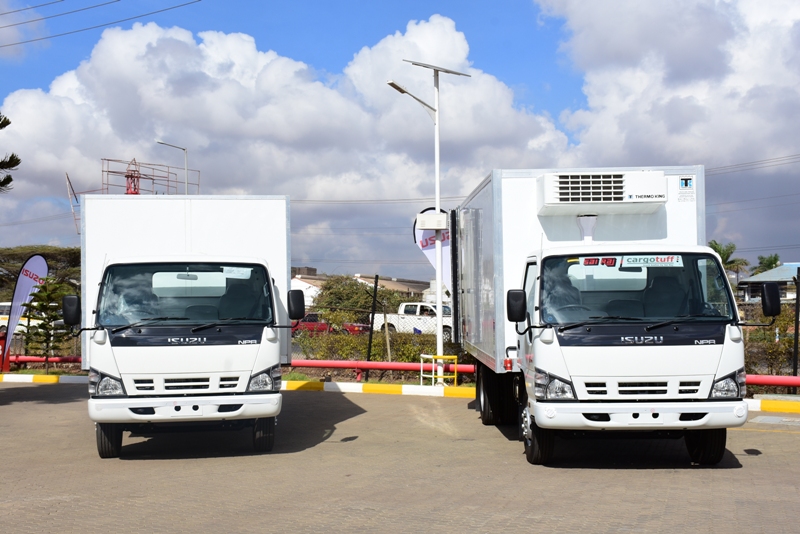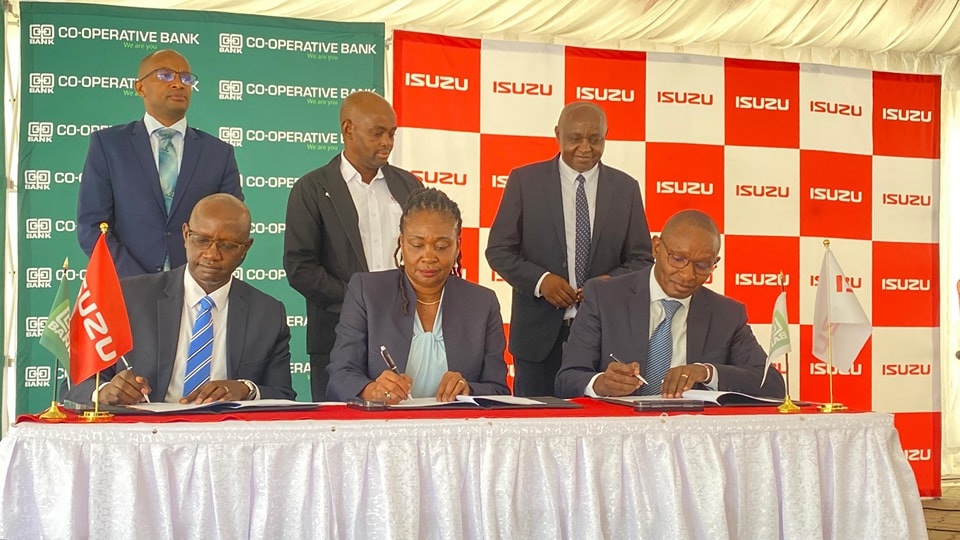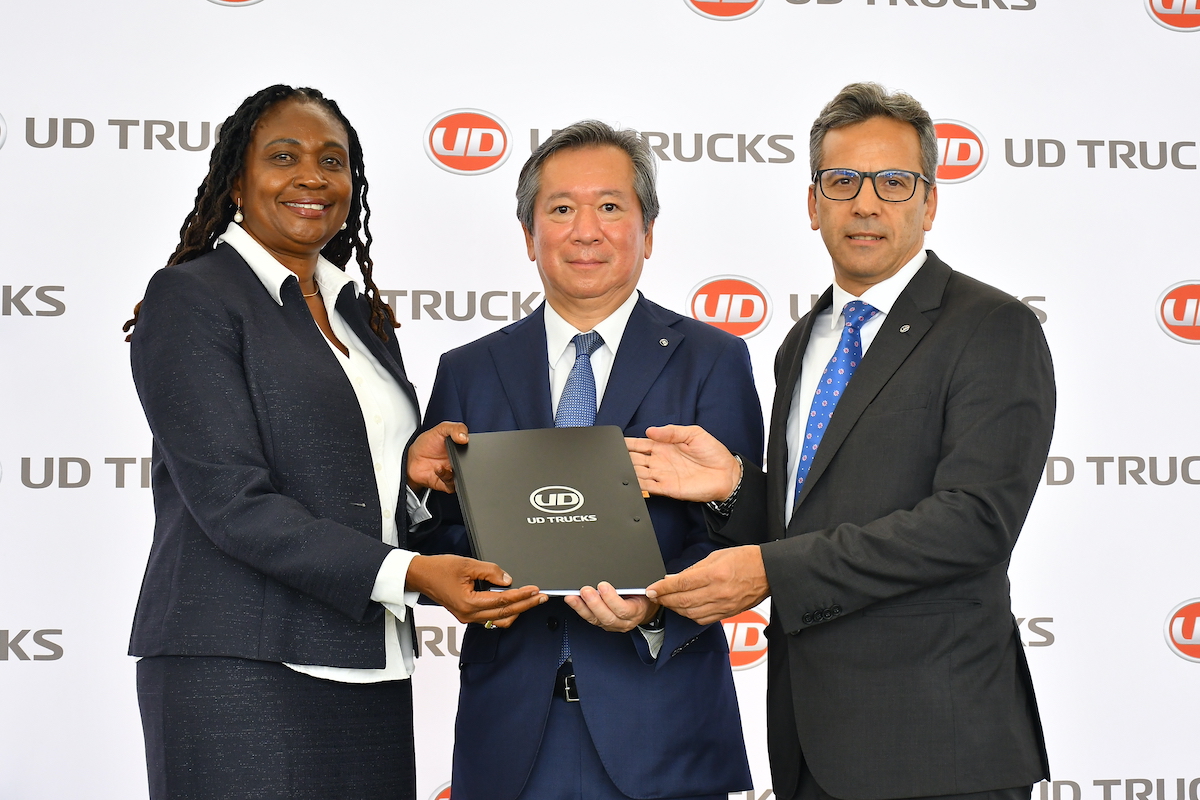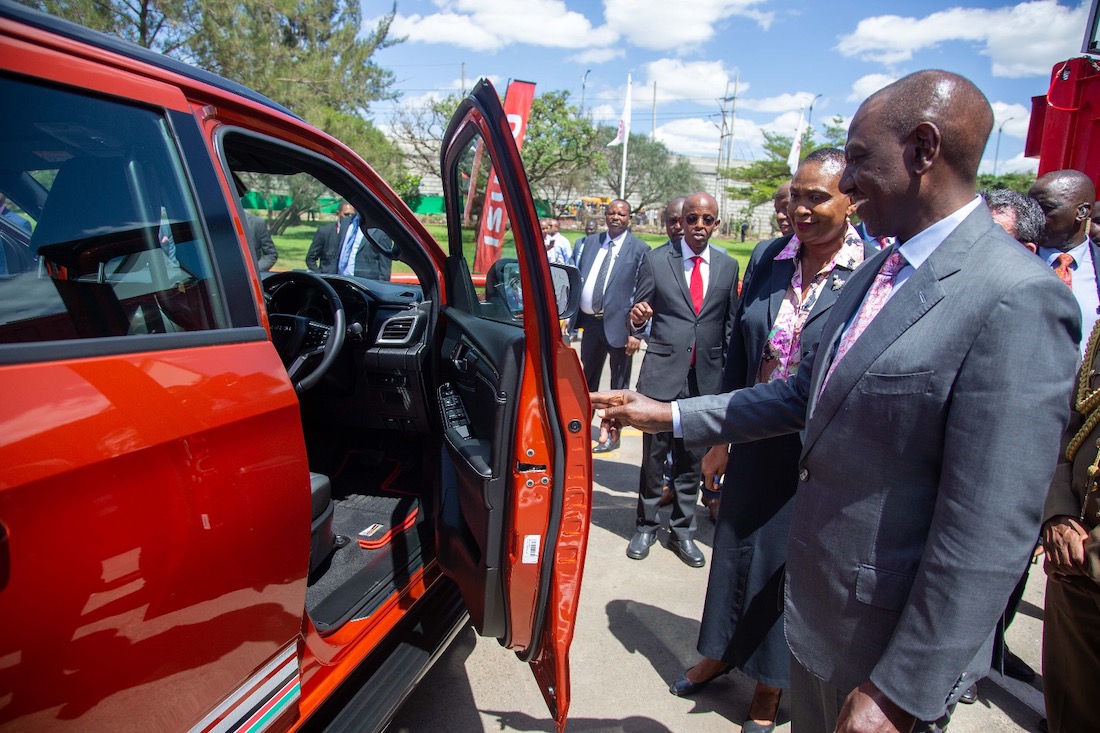Leading vehicle assembler, Isuzu East Africa on Thursday moved ahead of its rivals with the introduction of their first ever locally assembled cold chain logistics vehicles.
The assembler is targeting Small and Medium Enterprises (SMEs) which form the cream of the country’s supply chain including farmers, hoteliers fresh produce dealers.
In collaboration with vehicle accessories suppliers Sai Raj and Specialised Fibre Glass, Isuzu EA has developed cold storage vehicles to mitigate fresh produce losses which the company’s research estimates at between 20% to 30%, which occur during transportation from farms to market.
Speaking at the first interactive forum on Isuzu Cold Chain Solutions, Isuzu EA Sales and Marketing Director, Wanjohi Kangangi described cold chain solutions as an untapped business opportunity saying no other vehicle assembler in the country specializes on the solution.
“Isuzu Cold Storage Logistics vehicles that will aid farmers and retailers reduce their post-harvest losses, increase profitability and ensure Kenyans get quality farm produce consistently,” said Kangangi. “We are confident that our cold chain solution will address the lack of affordable and practical heat insulated trucks which necessitates the adoption of practices such as overnight transport,” explained Kangangi.
The company launched three types of cold chain trucks; vehicle engine driven, vehicle engine driven with standby electricity and the independent unit. The vehicle engine driven truck cools the produce being transported using the energy from the vehicle’s fuel.
{Read: 23-year-old student becomes a millionaire}
Vehicle engine driven with standby electricity uses fuel but can be charged to stop the cooling process from using the vehicles fuel as a source of energy. The independent unit does not use the vehicle’s fuel to power the cooling process.
{See also: UK firm invests over Sh227m in Sidai Africa}
“High value agricultural produce is generally grown for national and international markets, thus, it is highly dependent on efficient transport,”
“The solutions provided today feature temperature controls ranging from: 5˚C to -5˚C for chilling products such as flowers, milk and meat, -5˚C to -18˚C for preserving products such as sea foods and -18˚C to -30˚C for freezing products such as ice cream. These will help ease the pressure on farmers and suppliers who rely on 3am night temperatures to transport their produce to the market,” added Kangangi.











Leave a comment